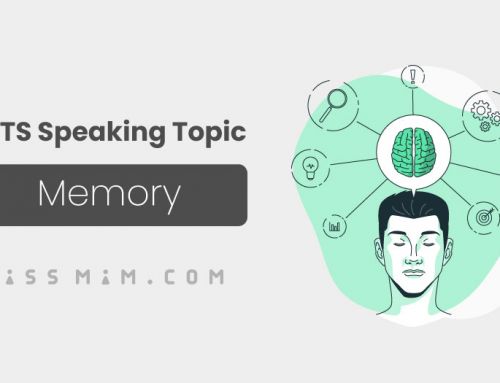این پست درباره یادگیری زبان یا language learning درگذشته، حال و آینده است.
در پست قبلی گفتیم Polyglots یا چندزبانهها کسایی نیستن که ژن زبان داشته باشن؛ بلکه آدمهایی هستن مثل من و شما و چهار راز موفقیتشون در یادگیری زبان رو هم برملا کردیم!
اگه دوست دارید بدونید ۵۰۰ سال پیش زبان بینالمللی چی بوده و کلاس زبان چه شکلی بوده، ادامه این پست رو بخونید.
چندین اصطلاح و کالوکیشن کاربردی در این پست وجود داره که چه مبتدی باشید و چه در سطح آیلتس، براتون جدید خواهد بود.
From Slates to iPads …
Language learning then, now and in the future
Adapted from Cutting Edge, Third Edition, Elementary Level
Language Learning, Then …
It’s 6 a.m. on a Monday morning 500 years ago – time for lessons to start at the local grammar school. The main aim of the lesson is to study the grammar of Latin – the international language of the time (in Europe, at least) and the language of all university courses. The pupils are all boys – if girls receive any education at all, they get it at home. The boys take out their slates – there will be no pencil and paper until the 19th century. They learn grammatical rules and translate sentences, and the boys have to speak Latin at all times. If they fail at all, their punishment is up to 50 strokes of the cane!
Language Learning, Now …
No one knows how many people are learning English today – one common estimate is one billion people or a third of the world’s population. Technology has become more and more important in how people learn: cassettes (which first became popular in the 1970s). CDs and many classrooms have internet access, video facilities, and interactive whiteboards. But in most cases, one thing hasn’t changed … there’s still a teacher!
Language Learning, In the future …
Who knows what the language classroom of 2050 will be like. Many people think that textbooks might be a thing of the past very soon. And many classrooms won’t have cassettes or CDs in the near future. Will students use iPads or smartphones instead of pen and paper? Will computers replace teachers other people think that English might not be as popular as it is now. Will Chinese, perhaps, or even a completely new international language designed by computers replace English? There is one thing that is for sure: technology will be at the center of tomorrow’s language education.

Textbooks might be a thing of the past very soon …
_______________ Your Turn _______________
What do you think of the future of language learning?
Will English remain relevant in the centuries to come?
Share your thoughts and ideas in the comment section below.










ثبت ديدگاه